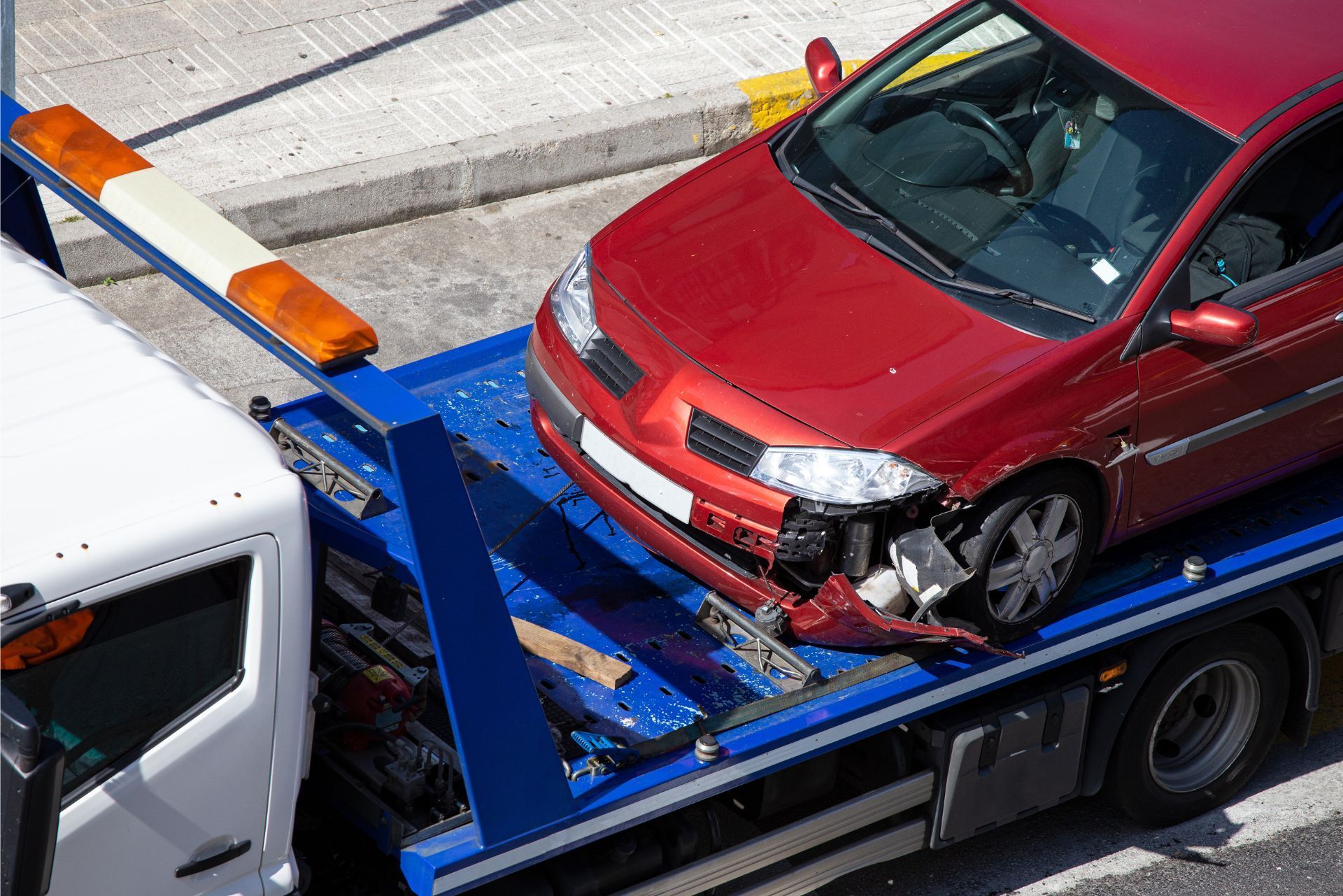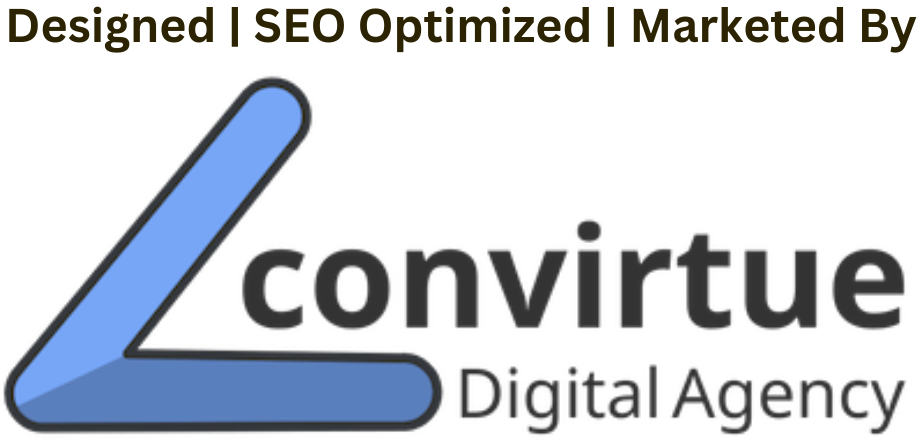Index
Understanding the Importance of Tow Truck Insurance in Connecticut
Types of Tow Truck Insurance Coverage in Connecticut
Factors Affecting Tow Truck Insurance Rates in Connecticut
How to Choose the Right Tow Truck Insurance Provider in Connecticut
Tips for Lowering Tow Truck Insurance Costs in Connecticut
Common Challenges and How to Overcome Them
Conclusion: Protecting Your Connecticut Tow Truck Business with the Right Insurance
Contact Us
Operating a tow truck business in Connecticut involves more than just providing roadside assistance or vehicle recovery services. One of the most critical aspects to ensure your business’s longevity and compliance is securing the right insurance coverage. Tow truck insurance in Connecticut is a specialized form of commercial auto insurance designed to protect your business, drivers, vehicles, and customers from a variety of risks.
This comprehensive guide will walk you through everything you need to know about Connecticut tow truck insurance—from the types of coverage available and legal requirements to factors affecting premiums and tips for choosing the best policy. Whether you’re a seasoned operator or just starting out, understanding these key points will help you protect your investment and operate with confidence.
Understanding the Importance of Tow Truck Insurance in Connecticut
Tow truck operators face unique risks that standard auto insurance policies often do not cover. The nature of towing—handling disabled or damaged vehicles, operating heavy-duty equipment, and working in potentially hazardous roadside conditions—introduces liabilities that require specialized coverage.
Connecticut’s regulatory environment also mandates specific insurance requirements for commercial vehicles, including tow trucks. Without adequate insurance, operators risk severe financial losses, legal penalties, and even suspension of business licenses.
Why Tow Truck Insurance is Essential
Tow trucks are involved in a higher number of claims compared to typical commercial vehicles, often due to accidents while loading or unloading vehicles, damage to customer property, or injuries on the job. Insurance helps cover these costs, protecting your business from out-of-pocket expenses that could otherwise be devastating.
Moreover, insurance builds trust with clients and partners, demonstrating professionalism and responsibility. Many contracts with municipalities, auto repair shops, or insurance companies require proof of insurance before awarding towing contracts. This not only enhances your business reputation but also opens doors to lucrative partnerships and steady work opportunities, which are vital for sustaining a successful towing operation.
Connecticut’s Legal Requirements for Tow Truck Insurance
Connecticut requires all commercial vehicles, including tow trucks, to carry minimum liability insurance. According to the Connecticut Department of Motor Vehicles (DMV), the minimum liability limits for commercial vehicles are:
- $100,000 for bodily injury or death per person
- $300,000 for total bodily injury or death per accident
- $50,000 for property damage per accident
These minimums are just a baseline. Given the high-risk nature of towing, many operators choose higher limits to ensure better protection. Additionally, if your tow truck is used to transport hazardous materials or oversized loads, you may be subject to further insurance requirements.
Furthermore, it’s essential to consider additional coverage options that can further safeguard your business. For instance, comprehensive and collision coverage can protect your tow truck against theft, vandalism, or accidents that occur while your vehicle is not in operation. Additionally, on-hook coverage is particularly relevant for tow truck operators, as it provides protection for vehicles being towed, ensuring that you are not held liable for damages that occur during transit. As the towing industry continues to evolve, staying informed about insurance options and legal obligations will help you navigate the complexities of your business with confidence.

Types of Tow Truck Insurance Coverage in Connecticut
Insurance for tow trucks is not a one-size-fits-all product. It typically involves a combination of coverage types tailored to the specific risks of the towing industry. Understanding these coverages helps operators select policies that best suit their business needs. Each type of coverage plays a vital role in safeguarding not only the vehicles and equipment but also the financial stability of the towing business.
1. Commercial Auto Liability Insurance
This is the core coverage required by law. It protects your business if your tow truck causes bodily injury or property damage to others in an accident. Liability insurance covers legal fees, medical expenses, and repair costs for the other party. It's essential to recognize that the towing industry often involves high-stakes scenarios, such as responding to accidents on busy highways or navigating tight urban spaces, which can increase the likelihood of accidents.
Since tow trucks are larger and often operate in complex environments, liability claims can be substantial. Many insurers recommend purchasing limits above the state minimums to avoid gaps in coverage. Additionally, operators should consider the potential for multiple claims arising from a single incident, as well as the long-term impact on their insurance premiums and business reputation.
2. Physical Damage Coverage
This coverage protects your tow truck itself from damage due to collisions, theft, vandalism, fire, or natural disasters. It typically includes two components:
Collision Coverage: Pays for damages to your vehicle resulting from a collision with another vehicle or object.
Comprehensive Coverage: Covers non-collision events such as theft, fire, or weather-related damage.
Given the high value of tow trucks and the demanding environments they operate in, physical damage coverage is highly recommended. Operators should also be aware of the specific risks associated with their routes, such as areas prone to severe weather or high crime rates, which can influence the need for comprehensive protection.
3. Garage Liability Insurance
If your business operates a tow yard or garage where vehicles are stored or repaired, garage liability insurance protects against claims of property damage or bodily injury occurring on your premises. This is especially important if you offer storage services or vehicle repairs alongside towing. The nature of the towing business often means that vehicles are in various states of repair, which can lead to accidents or injuries if not properly managed.
Furthermore, having a robust garage liability policy can also enhance your business's credibility with customers, as it demonstrates a commitment to safety and responsibility. This can be a significant factor in attracting new clients who prioritize the security of their vehicles.
4. Garagekeepers Insurance
This coverage protects customer vehicles while they are in your possession, such as when stored in your tow yard or garage. It covers damage caused by fire, theft, vandalism, or collision while the vehicle is under your care. With the increasing value of vehicles, especially luxury and specialized models, the importance of garagekeepers insurance cannot be overstated.
Since tow truck operators often hold vehicles temporarily, garagekeepers insurance is crucial to avoid costly claims from customers. Additionally, having this coverage can provide peace of mind to your clients, knowing their vehicles are protected while in your custody, which can lead to repeat business and positive word-of-mouth referrals.
5. Motor Truck Cargo Insurance
Motor truck cargo insurance covers damage to the vehicles or goods you are towing or transporting. For example, if a vehicle you are towing is damaged in transit, this coverage helps pay for repairs or replacement. This type of insurance is particularly vital for those who transport high-value items, as it can mitigate financial losses associated with damaged cargo.
This insurance is essential if you provide vehicle transport services or haul other valuable cargo. Operators should also consider the types of cargo they typically transport, as different items may carry different risks and insurance requirements, ensuring they have adequate coverage for all scenarios.
6. Workers’ Compensation Insurance
If you employ drivers or other staff, Connecticut law requires workers’ compensation insurance to cover medical expenses and lost wages if an employee is injured on the job. Tow truck operations can be hazardous, so having this coverage protects both your employees and your business. It also fosters a safer work environment, as operators are more likely to implement safety protocols when they know they have adequate insurance coverage.
Moreover, investing in workers’ compensation insurance can help reduce employee turnover and enhance morale, as workers feel secure knowing they will be supported in the event of an accident. This can lead to a more productive workforce and ultimately improve the overall efficiency of your towing operations.
7. Umbrella Insurance
An umbrella policy provides additional liability coverage beyond the limits of your primary policies. Given the potential for high-cost claims in the towing industry, umbrella insurance offers an extra layer of financial protection. This is particularly important in an industry where accidents can lead to significant damages, and a single claim could exceed the limits of standard policies.
Umbrella insurance not only protects your business assets but also ensures that you can continue operations without the burden of overwhelming financial liability. It can also be a valuable tool for attracting clients who want to work with businesses that prioritize comprehensive risk management strategies.
Factors Affecting Tow Truck Insurance Rates in Connecticut
Insurance premiums for tow trucks vary widely based on several factors. Understanding these can help operators manage costs and find the best value coverage.
Vehicle Type and Usage
The size, weight, and type of tow truck influence insurance rates. Heavy-duty trucks or specialized equipment usually cost more to insure due to higher repair costs and increased risk. Additionally, how often and where the truck operates (urban vs. rural, highway vs. local roads) impacts premiums. For instance, trucks operating in urban areas may face a higher likelihood of accidents due to increased traffic, while those in rural settings might experience fewer incidents but could be exposed to longer response times in emergencies.
Driver Experience and Safety Records
Insurers assess the driving history of your operators. Experienced drivers with clean records typically qualify for lower rates. Conversely, recent violations or accidents can increase premiums. Moreover, ongoing training and certifications for drivers can not only enhance safety but also demonstrate a commitment to risk management, which may lead to further discounts on insurance premiums.
Coverage Limits and Deductibles
Higher coverage limits and lower deductibles generally result in higher premiums. While it may be tempting to choose minimal coverage to save money, insufficient limits can leave your business exposed to significant financial risk. It's essential to evaluate potential liabilities and consider the value of your equipment and vehicles when determining appropriate coverage levels. Additionally, some insurers offer tailored policies that can provide better protection for specific risks associated with towing operations.
Claims History
A history of frequent or severe claims can signal higher risk to insurers, leading to increased rates. Maintaining a strong safety program and promptly addressing incidents can help mitigate this impact. Implementing proactive measures such as regular vehicle maintenance, driver training programs, and safety audits can not only reduce the likelihood of claims but also foster a culture of safety within your organization, which insurers often favor.
Business Size and Revenue
Larger operations with more vehicles or higher revenue may face higher premiums, reflecting increased exposure. However, bulk policies or fleet discounts can sometimes offset these costs. Additionally, businesses that demonstrate consistent growth and stability may be viewed more favorably by insurers, potentially leading to better rates. It's also worth exploring the option of joining industry associations, which might provide access to group insurance plans that can further reduce costs.
Location and Regulatory Environment
Operating in Connecticut means complying with state-specific insurance requirements and regulations. Additionally, areas with higher traffic density or accident rates may see elevated premiums. Local weather conditions, such as snow and ice in winter months, can also play a role in risk assessment. Insurers may consider the frequency of severe weather events in your area, as these can increase the likelihood of accidents and vehicle damage, thus affecting overall insurance costs. Understanding these localized factors can help tow truck operators make informed decisions about their insurance needs and strategies for risk management.
How to Choose the Right Tow Truck Insurance Provider in Connecticut
Choosing an insurance provider is a critical decision that affects your coverage quality, claims experience, and overall costs. Here are some tips to help you select the best insurer for your tow truck business.
Look for Industry Experience
Insurance companies specializing in commercial auto and tow truck insurance understand the unique risks and regulatory requirements of the industry. They are better equipped to offer tailored coverage and competitive rates.
Compare Multiple Quotes
Obtaining quotes from several insurers allows you to compare coverage options, limits, deductibles, and premiums. Don’t just focus on price—consider the value and extent of coverage offered.
Check Financial Strength and Reputation
Choose insurers with strong financial ratings from agencies like A.M. Best or Standard & Poor’s. A financially stable company is more likely to pay claims promptly and reliably.
Review Customer Service and Claims Handling
Efficient claims processing and responsive customer service are vital during stressful situations. Look for reviews and testimonials from other tow truck operators to gauge insurer performance.
Ask About Discounts
Many insurers offer discounts for safe driving records, multiple vehicles, safety equipment installation, or bundling policies. Inquire about available discounts to reduce your premium.

Tips for Lowering Tow Truck Insurance Costs in Connecticut
While tow truck insurance is essential, managing costs is equally important for business sustainability. Here are practical strategies to help reduce premiums without compromising coverage.
Implement a Comprehensive Safety Program
Training drivers on safe towing practices, defensive driving, and proper equipment use can reduce accidents and claims. Insurers often reward businesses with strong safety records through lower premiums.
Maintain Your Equipment
Regular maintenance and inspections of your tow trucks and towing equipment prevent breakdowns and accidents. Well-maintained vehicles are less risky to insure.
Choose Appropriate Coverage Limits
Work with your insurance agent to select coverage limits that balance protection and cost. Avoid over-insuring, but ensure limits meet your business needs and contractual obligations.
Consider Higher Deductibles
Opting for a higher deductible lowers your premium but requires paying more out-of-pocket in the event of a claim. Evaluate your risk tolerance and financial capacity before adjusting deductibles.
Bundle Policies
Purchasing multiple insurance policies (e.g., auto, general liability, workers’ compensation) from the same insurer can lead to discounts.
Keep Detailed Records
Maintaining accurate records of driver training, vehicle maintenance, and incident reports demonstrates professionalism and can positively influence underwriting decisions.
Common Challenges and How to Overcome Them
Tow truck operators in Connecticut often face specific challenges related to insurance. Understanding these can help you prepare and navigate them effectively.
High Premiums Due to Industry Risks
Because towing is considered high risk, premiums can be expensive. Overcoming this requires diligent safety practices, shopping around for competitive quotes, and leveraging discounts.
Complex Regulatory Compliance
Staying current with Connecticut’s insurance and licensing regulations can be challenging. Regularly consulting with insurance professionals and legal advisors ensures compliance and avoids penalties.
Claims Disputes
Disagreements over claims can arise, especially when damage involves customer vehicles or cargo. Clear documentation, thorough inspections, and working with reputable insurers can minimize disputes.
Coverage Gaps
Standard policies may not cover all towing-specific risks. Carefully review policy terms and consider endorsements or additional coverage to fill gaps.
Conclusion: Protecting Your Connecticut Tow Truck Business with the Right Insurance
Tow truck insurance in Connecticut is a vital component of running a successful and compliant towing business. Given the unique risks and regulatory requirements, securing comprehensive and tailored coverage safeguards your assets, employees, and customers.
By understanding the types of insurance available, factors influencing premiums, and how to select the right provider, tow truck operators can make informed decisions that balance protection and cost. Implementing safety programs and maintaining open communication with insurers further strengthens your business’s resilience.
Ultimately, investing time and resources into proper insurance coverage is not just a legal obligation—it is a strategic business decision that supports growth, reputation, and peace of mind in the competitive Connecticut towing industry.






